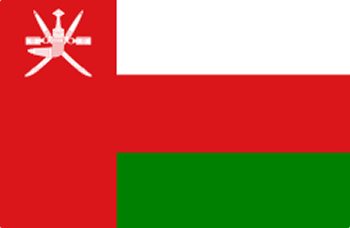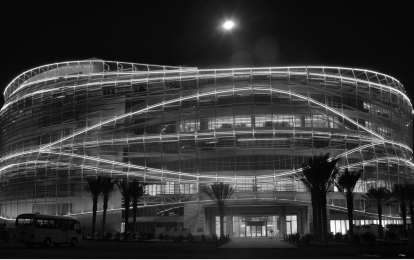
Oman
Oman’s Real Estate Market has transitioned from a low-profile, government-heavy sector to a modern, investor-friendly ecosystem fueled by targeted marketing, international standards, and digital innovation.
The role of the real estate marketer has never been more strategic — combining creative storytelling, digital tools, and client psychology to sell not just homes, but lifestyles. As Vision 2040 unfolds, Oman’s real estate market is poised for sustainable, smart, and globally competitive growth.
Growth & Transformation (2000–Present)
1. Market Overview and Growth Trajectory
The Omani real estate market has experienced a gradual yet strategic transformation since 2000, aligned with the country’s long-term economic diversification plans, especially Oman Vision 2040.
2000–2010: Foundational Growth
• Real estate development was largely government-led, with limited private sector involvement.
• Key infrastructure and hospitality projects in Muscat and Salalah laid the groundwork for future investment.
• Introduction of ITCs (Integrated Tourism Complexes) allowed foreigners to purchase properties in designated areas (e.g., Al Mouj, Muscat Hills).
2011–2020: Private Sector Expansion
• The sector opened up with more private developers launching residential and mixed-use projects.
• Increasing population and urbanization created demand for housing, offices, and retail.
• Growth of freehold ownership and expat-targeted projects helped internationalize the market.
2021–Present: Tech-Driven and Sustainable Focus
• Post-pandemic recovery and Vision 2040 have sparked interest in sustainable development and smart cities.
• Government incentives for foreign investors, digital transformation, and infrastructure investment are accelerating growth.
• Emphasis on tourism-related real estate like beachfront properties and branded residences.
2. The Role of Real Estate Marketing
Real estate marketing in Oman has evolved from basic listing methods to highly strategic, tech-enabled campaigns.
Early 2000s: Traditional Marketing Era
• Reliance on print ads, local signage, and in-person agents.
• No digital tools; the role of a marketer was mostly reactive.
2010s: Rise of Brand-Centric Marketing
• Developers began investing in brand identity, brochures, launch events, and showrooms.
• Introduction of email marketing, SMS campaigns, and social media presence.
• Real estate marketers became more data-driven and influential in sales strategy.
2020s: Digital Transformation
• High use of Instagram, YouTube, WhatsApp Business, and Google Ads.
• Focus on content marketing, lifestyle branding, and influencer collaborations.
• Digital walkthroughs, drone photography, and 360° property tours became standard tools.
3. Major Developers and Marketing-Driven Brands
Key brands shaping the Omani real estate landscape through innovation and marketing:
• Al Mouj Muscat – Flagship ITC with luxury apartments, marina, and golf course. Strong branding and digital presence.
• Muscat Hills – Known for early integration of foreign ownership and leisure living concepts.
• Tilal Development Company – Behind major urban expansions like Tilal Al Irfan.
• Mada Residences, Saraya Bandar Jissah, and Madinat Al Irfan are also examples of modern lifestyle-focused projects.
• Marketing arms of these companies play a central role in storytelling, visual branding, and investment attraction.
4. Innovations in Real Estate Marketing Technology
Oman has adopted modern technologies at a steady pace to streamline marketing and client engagement:
• Virtual Reality (VR) tours for remote buyers.
• CRM systems for lead tracking, client segmentation, and automated follow-ups.
• Social media ads targeted by behavior, nationality, and income bracket.
• WhatsApp bots for property inquiries and instant brochure sharing.
• Real estate platforms like: omanpropertyfinder.com, Bayut Oman, and Savills Oman are gaining popularity.
Emerging areas include:
• AI-generated property recommendations.
• Digital payment and booking platforms.
• Blockchain pilots in property title management.

Government Entities Regulating Real Estate Marketing in the Sultanate of Oman
· Ministry of Commerce, Industry, and Investment Promotion
Issues commercial licenses for real estate marketing offices, oversees company registration in the commercial registry, and supports investment attraction in the real estate sector.
· Ministry of Housing and Urban Planning
Responsible for regulating land use, developing residential planning schemes, and implementing the electronic real estate brokerage system to streamline transactions
· Municipalities of the Governorates
Grant local licenses to marketing offices and monitor compliance with health and professional standards for commercial premises.
· Oman Chamber of Commerce and Industry
Requires membership for engaging in real estate activities and provides professional and training support for real estate marketers.
· Capital Market Authority (for investmentbased real estate marketing)
Supervises investment activities related to real estate, such as marketing real estate investment funds.




